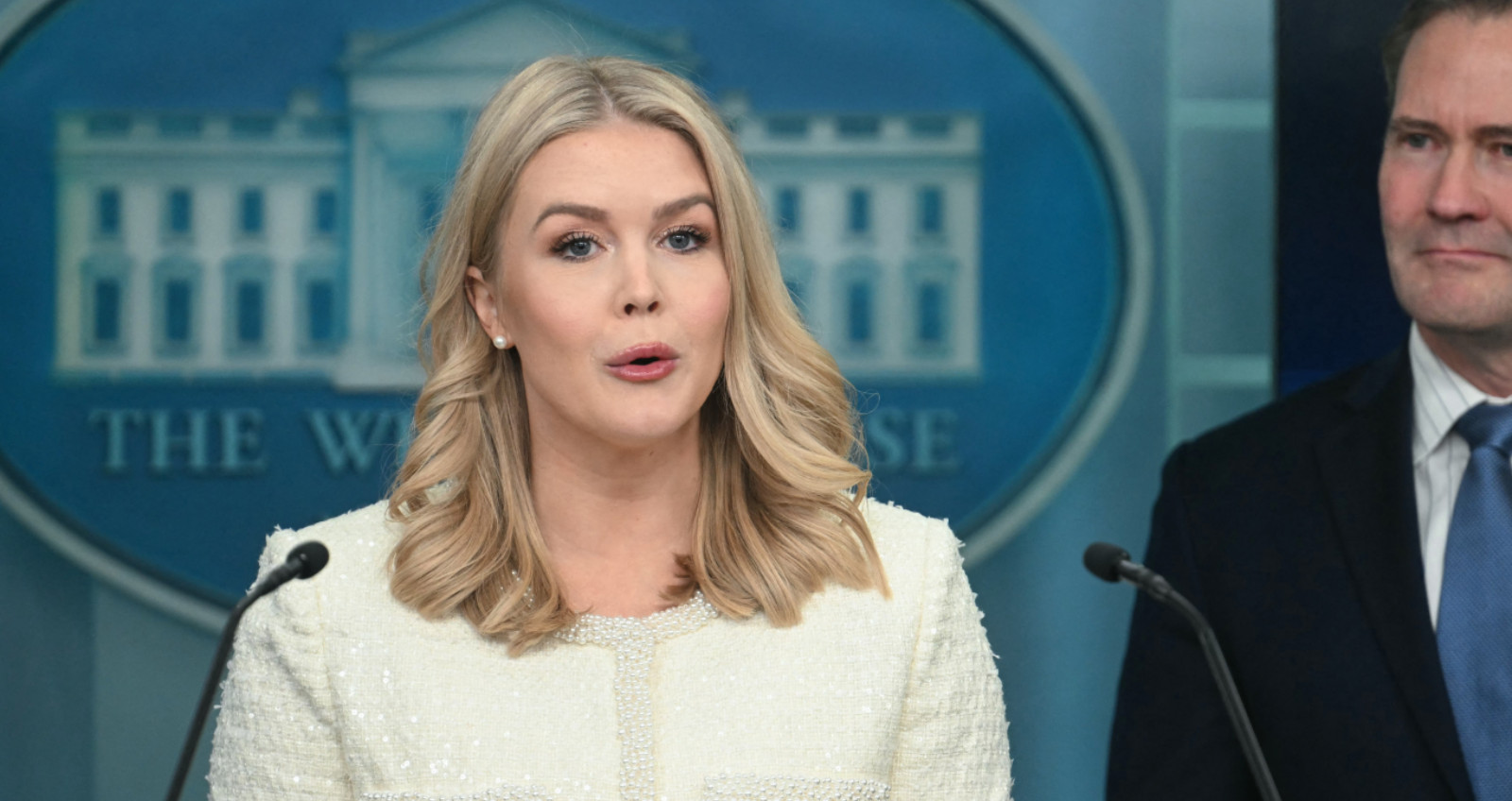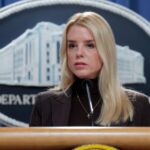In a recent press briefing marked by a notable display of resolve and authority, White House Press Secretary Karoline Leavitt sharply countered persistent inquiries from CNN reporter Kaitlan Collins regarding former President Elon Musk’s security clearance and the background check process that he underwent. Leavitt’s no-nonsense replies underscored not only the administration’s confidence in its internal vetting procedures but also brought to light the ongoing debate over Musk’s role as a special government employee and his broader involvement in federal operations.
This article provides a detailed analysis of the exchange, situating it within the context of contemporary political discourse on security, transparency, and the integration of high-profile nontraditional figures into government roles. By exploring the key elements of the briefing, the responses provided by Leavitt, and the wider political narrative surrounding Elon Musk’s appointment as a special government employee, we can better understand the complexities at play in the administration’s approach to security and governance.
The Role of CNN and Persistent Inquiries
CNN’s insistence on probing every detail of Musk’s security clearance reflects a broader media strategy to hold government officials accountable. Kaitlan Collins, known for her rigorous and often confrontational style, was relentless in her questioning. Her approach highlights a key tension in modern journalism: the desire for transparency versus the need to maintain operational security.
Collins’ questions were designed to elicit information that might reveal vulnerabilities or inconsistencies in the administration’s vetting process. By focusing on Musk—a figure who, despite his accomplishments, remains a subject of considerable controversy—CNN aimed to cast doubt on whether his integration into federal operations was truly justified. This line of inquiry, however, was met with firm resistance from the White House, as Leavitt repeatedly deflected the request for additional details.
Musk’s Involvement in Federal Initiatives
Elon Musk’s designation as a special government employee is only one facet of his broader involvement in government affairs. His role extends beyond the realm of security clearances and background checks. Notably, Musk has been a central figure in the Department of Government Efficiency (DOGE), a Trump administration initiative aimed at streamlining federal spending and eliminating waste. His reputation as a technological innovator and entrepreneur has positioned him as an unconventional yet influential player in efforts to modernize federal operations.
Supporters argue that Musk’s expertise in innovation and his proven track record in the private sector make him uniquely qualified to contribute to governmental efficiency. By leveraging his experience and insights, the administration hopes to break free from bureaucratic inertia and implement reforms that can lead to significant cost savings and improved operational performance. In this context, the questions about his security clearance are less about his eligibility and more about the symbolic significance of having a high-profile entrepreneur involved in government functions.
The Debate Over Background Checks and Vetting
Central to the discussion is the extent to which high-profile figures like Musk undergo standard vetting procedures. While critics have raised concerns that Musk’s appointment might bypass traditional security protocols, the administration maintains that his background and actions have been thoroughly vetted and comply with all applicable federal laws. Leavitt’s responses during the briefing were clear on this point: Musk is a special government employee who has met all necessary legal requirements.
However, some analysts argue that the lack of detailed public information about his clearance status leaves room for skepticism. They contend that, in an era of heightened national security concerns, even the slightest ambiguity can be exploited by political opponents. Nonetheless, the administration’s confident stance suggests that it stands firmly behind its processes and that any further inquiries into the technical details of Musk’s clearance would be counterproductive.
Strengthening the Vetting Process
One of the key takeaways from the recent exchange between Leavitt and Collins is the need for robust and transparent vetting processes, especially as the government increasingly integrates nontraditional figures into its ranks. The Trump administration’s emphasis on strict adherence to federal laws and established protocols is intended to reassure the public that security and accountability remain paramount, even as innovation and efficiency are pursued.
As debates continue, policymakers may seek to enhance transparency by providing more detailed, albeit carefully redacted, information about the vetting process. Such measures could help balance the need for national security with the public’s right to understand how influential figures are screened and approved for roles that impact government operations.


